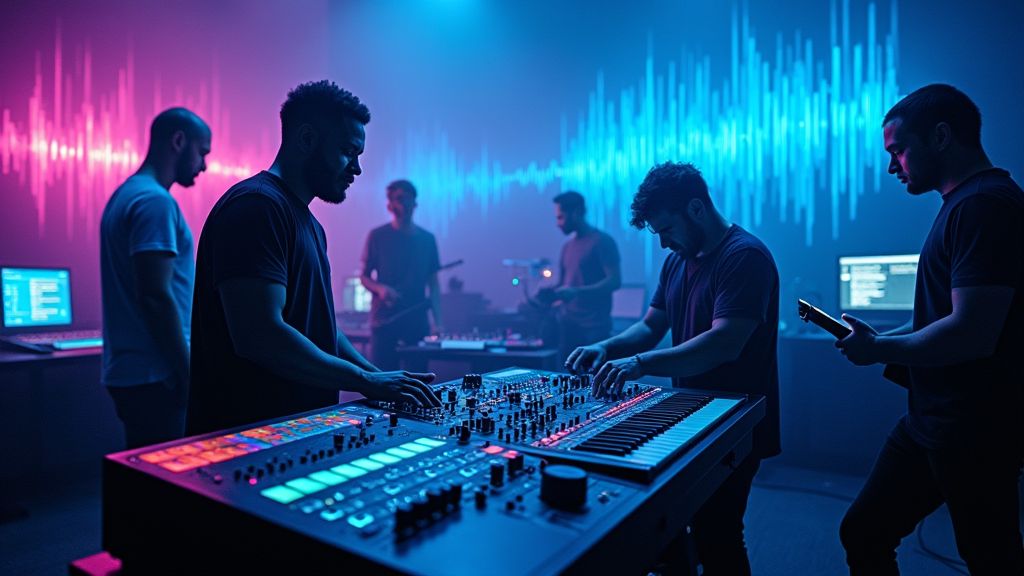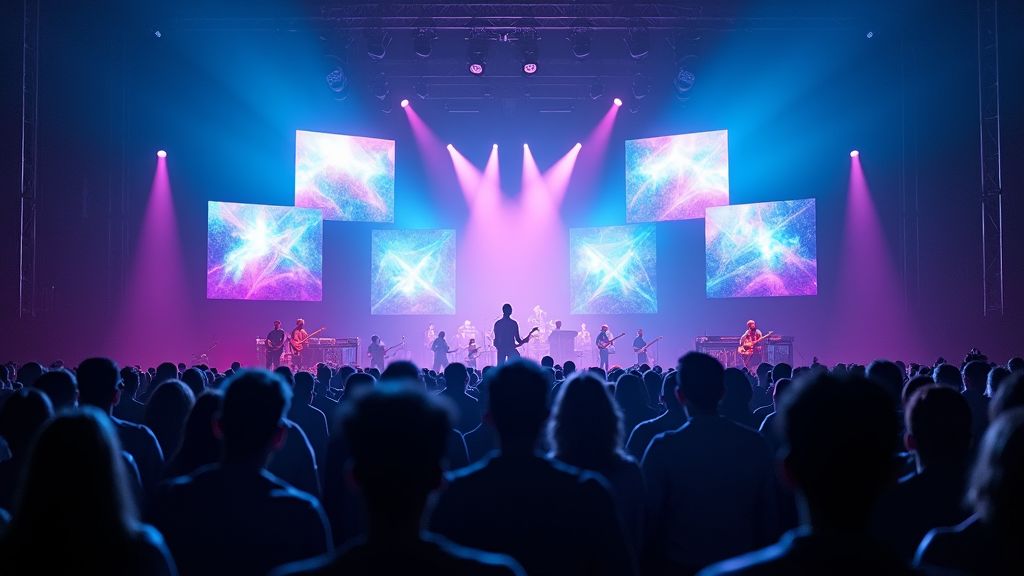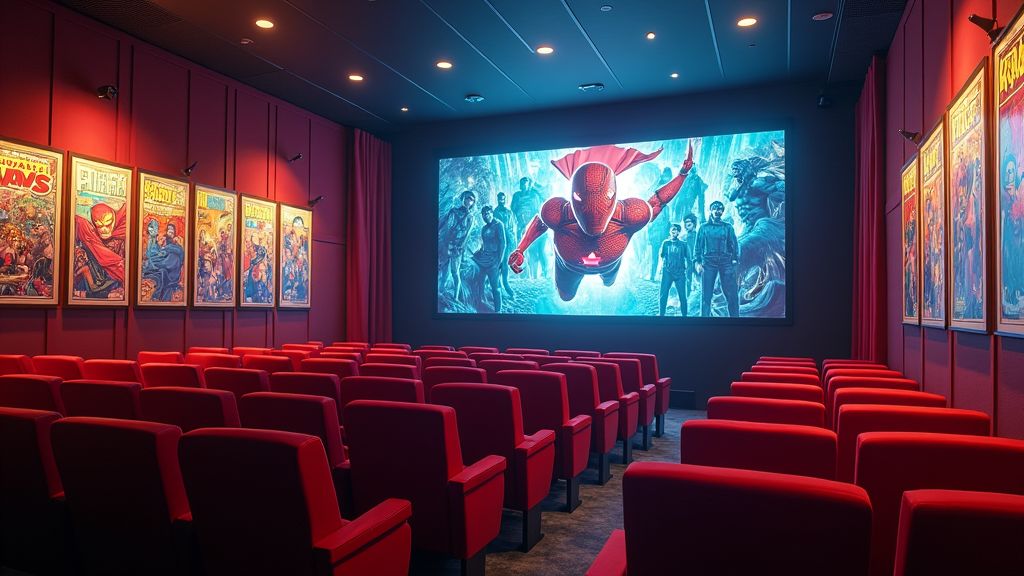The Impact of Technology on Music Production
As technology continues to advance at a rapid pace, its impact on various industries, including music production, has been profound. From the early days of analog recording to the digital revolution of today, technology has reshaped the way music is created, produced, and consumed. In this article, we will explore the evolution of music production technology, the key milestones that have shaped the industry, and the broader implications of these changes.
Evolution of Music Production Technology
The history of music production technology dates back to the late 19th century when Thomas Edison invented the phonograph, a device that could record and playback sound. This invention marked the beginning of a new era in music production, allowing musicians to capture their performances for posterity. Over the decades, technology continued to evolve, with the introduction of magnetic tape recorders, mixing consoles, and eventually digital audio workstations (DAWs) in the late 20th century.
Digital Revolution and Its Impact
The advent of digital technology in the 1980s revolutionized the music production process. Digital audio workstations replaced analog tape machines, making it easier and more efficient to record, edit, and mix music. Artists no longer needed expensive studio equipment to produce high-quality recordings, as software plugins and virtual instruments allowed for limitless creative possibilities. This democratization of music production ushered in a new era of DIY musicians and independent artists.
Key Milestones in Music Production Technology
Throughout the history of music production, there have been several key milestones that have significantly impacted the industry. The introduction of the Roland TR-808 drum machine in the 1980s revolutionized electronic music production, while the release of Pro Tools software in the 1990s set a new standard for digital recording. More recently, the rise of streaming services like Spotify and Apple Music has changed the way music is distributed and consumed, further blurring the lines between production, promotion, and consumption.
Broader Implications and Future Trends
The impact of technology on music production goes beyond just the tools and techniques used in the studio. It has reshaped the entire music industry, from how artists create and release music to how listeners discover and engage with new music. As technology continues to evolve, we can expect to see even more innovation in music production, with AI and machine learning playing an increasingly prominent role. The future of music production is sure to be shaped by technology in ways we can only begin to imagine.
The Role of Artificial Intelligence in Music Production
In recent years, artificial intelligence has become an influential force in music production, enabling creators to push the boundaries of their work. AI algorithms can now assist with everything from generating unique melodies to automating the mixing process. Platforms like Amper Music and AIVA allow musicians to compose original tracks using AI-based tools, while advanced software plugins can analyze and optimize sound quality. This technology is opening doors for artists who may not have traditional training, allowing them to experiment and create in new, innovative ways.
Expanding Accessibility for Independent Artists
As music production technology becomes more accessible, independent artists have greater control over their careers. Affordable DAWs, accessible tutorials, and an abundance of online resources have empowered musicians to produce and distribute music without relying on record labels. This shift is helping level the playing field in the music industry, allowing more diverse voices to reach audiences. Platforms like Bandcamp and SoundCloud offer additional outlets for artists to share their work directly with fans, fostering a more personal connection and a supportive community.
Hybrid Recording Spaces and Home Studios
The trend of creating music in hybrid recording spaces or home studios has transformed the way musicians work. With compact, high-quality equipment, artists can now achieve professional-grade sound in small spaces. Portable audio interfaces, quality condenser microphones, and versatile MIDI controllers allow musicians to produce studio-quality recordings from the comfort of their homes. This evolution has given rise to a new wave of DIY producers, whose setups defy the traditional expectations of a recording studio.
The Future of Music Collaboration
Technology has also reshaped how musicians collaborate. With cloud-based platforms like Splice, artists can work together remotely, sharing project files and sounds in real-time. Virtual reality and augmented reality tools are beginning to emerge, allowing artists to create music in immersive environments. As these technologies develop, we may see collaborations that transcend physical and geographical barriers, creating new forms of musical expression. The future of music production holds incredible potential, inviting us to rethink what’s possible in creating and experiencing music.













